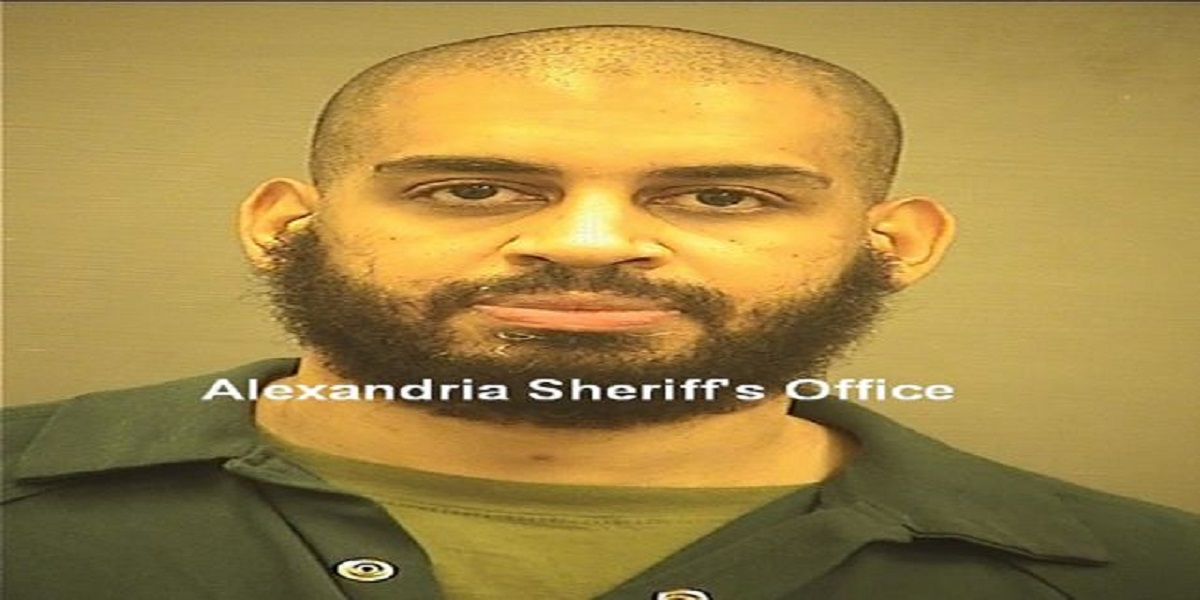After pleading guilty to seven counts of fatal hostage-taking and other offenses, a US judge sentenced a British-born former member of the ISIL (ISIS) cell known as “the Beatles” to life in prison.
Judge TS Ellis delivered Alexanda Kotey’s sentence in a courthouse in northern Virginia, near Washington, DC, on Friday, and it was a predictable conclusion.
However, Kotey’s lawyers had begged the court to propose that he not be sentenced to a maximum-security jail, where he would be held in near-total isolation.
On Friday, the judge declined to issue a recommendation, but drew the attention of US prison authorities to the defense’s arguments, including that Kotey has been following orders while in US custody and has consented to meet with them.
Ellis ordered Kotey to remain in custody in Alexandria, Virginia until July “so that the defendant may fulfil his obligations under his plea deal to meet with the government and victims’ families,” according to a court filing on Friday.
Kotey pleaded guilty to “terrorist” and hostage-taking charges in September 2021, after the deaths of US journalists James Foley and Steven Sotloff, as well as aid workers Kayla Mueller and Peter Kassig.
On Friday, family members of ISIL victims addressed the tribunal. Kassig’s mother, Paula Kassig, said Kotey, “I will not hate you.” “It would give me too much power over misery, pain, and bitterness.” I’ve chosen to let my heart to be broken open rather than broken apart.”
Kotey was a member of an ISIL cell that murdered hostages and was dubbed the “Beatles” because of their British accents. The fighters’ British citizenship has been revoked.
Another member of the organisation, Mohammed Emwazi, was killed in a drone assault in 2015, according to officials, who personally decapitated prisoners on film.
El Shafee Elsheikh, a former British citizen who was caught in Syria with Kotey in 2018 and transported to the United States to face charges, was convicted of fatal hostage-taking charges earlier this month after a trial in which he denied being involved in kidnapping and murder. His sentencing is set for later this year.
According to Kotey’s lawyers, he has not only pleaded guilty, but also “taken responsibility” for his role in the Islamic State’s hostage-taking scheme, which ended in the “gruesome deaths” of four Americans.
“It will not be enough to repair the damage done,” the defence stated in a court statement last week. “But through his efforts and recognition of his own culpability, Mr. Kotey has sought to bring some little amount of good from this gut-wrenching case.”
Senator Jeanne Shaheen of New Hampshire, who represents Foley’s home state, applauded Kotey’s punishment on Friday.
In a statement, Shaheen said, “Today represents another milestone on James Foley’s, Peter Kassig’s, Steven Sotloff’s, and Kayla Mueller’s long road to justice.”
“Seeing this terrorist – and other terrorists responsible for the kidnapping and murder of Americans, like James Foley of New Hampshire – face the full force of the US legal system sends a message to those who target or endanger Americans at home or abroad that they will be held accountable.”
From 2014 until its territorial defeat late in 2017, ISIL controlled huge swaths of territory in Iraq and Syria. Thousands of foreign militants, including those from Europe and the United States, joined the group, which had declared a “caliphate” and spurred attacks on civilian targets around the world.
ISIL members routinely kidnapped civilians and filmed their beheadings for propaganda purposes. In 2014, the group also initiated a genocide campaign against the Yazidis, an ethnoreligious minority in northern Iraq, which the UN has categorised as genocide.
In a mission in northern Syria in 2019, US forces assassinated ISIL’s initial leader, Abu Bakr al-Baghdadi. In February, his successor, Abu Ibrahim al-Hashimi al-Qurayshi, was killed in a similar US operation in Syria.




















